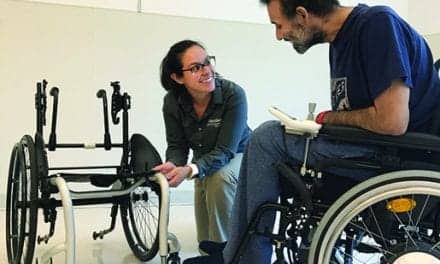A new study suggests there has been improvement in raising the quality of care for minority stroke patients. Minorities historically have been less likely to be admitted for care at top-ranked hospitals than white stroke patients, even though they might live nearby, according to the study that will appear in the spring issue of the journal Ethnicity & Disease.
"What surprised us in our findings was that all minority groups were less likely to attend better hospitals in 2000, but significant changes happened in 2006," said lead author Jay Shen of the health care administration and policy department at the University of Nevada at Las Vegas.
Researchers evaluated data from more than 273,500 stroke patients from the 2000 and 2006 National Inpatient Samples. Patients were categorized into one of four ethnic groups and hospitals were ranked based on their overall risk-adjusted stroke mortality rate.
In 2000, white stroke patients had a unadjusted 13.2% rate of admissions to the top-ranked hospitals with the lowest mortality rates, compared with 10.2% for African Americans, 10.4% for Hispanics, and 6.8% Asian/Pacific Islanders.
By 2006, though, the disparities among the races decreased. Unadjusted percentages of admissions to top hospitals were 5.5% for whites, 5.6% for Hispanics, 3.9% for African Americans and 3.8% for Asians. Whites had the highest percentages of admissions to lowest-ranked hospitals than all other races. After adjusting for patient and hospital factors, the odds of attending better hospitals for both African-Americans and Hispanics were 31% and 25% higher than that of whites, while odds for Asians were 12% lower.
"The certification process for Primary Stroke Centers by the Joint Commission is revolutionizing stroke care delivery in the US," said Sheryl Martin-Schild, MD, director of the stroke program at the Tulane University Health Science Center.
The PSCs tend to be located in higher volume hospitals in urban and academic settings, where a greater proportion of minority patients may obtain access, Martin-Schild added. "Disparity in the geographic distribution of PSCs needs to be addressed to improve global access to advanced stroke care."
[Source: Health Behavior News Service via Medical News Today]




